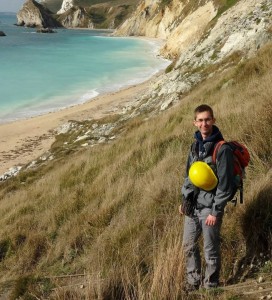One is rather inspired. OpenCon 2014 was a wonderful time bringing together the best minds in early career research and the ‘world of open’ to discuss how we make access to knowledge, data, and educational resources better for everyone. It wasn’t so much an event*, as a milestone. Here’s the story of its success.
I don’t want to run through the basics of each aspect of open access, data, and education. Let me instead tell you instead about how we just marked a revolutionary point in making the fundamental right to research a reality. When I use the word ‘publishers’ through this post, I’m talking primarily about legacy ones – those who operate on a paywall-based model and publicly declare themselves to be enemies of progressing research (I’m not going to name names, we all know who they are – PeerJ is clearly safe). This does not include many learned societies, which I think are an invaluable component of academic communities and are a completely separate discussion we need to have.

